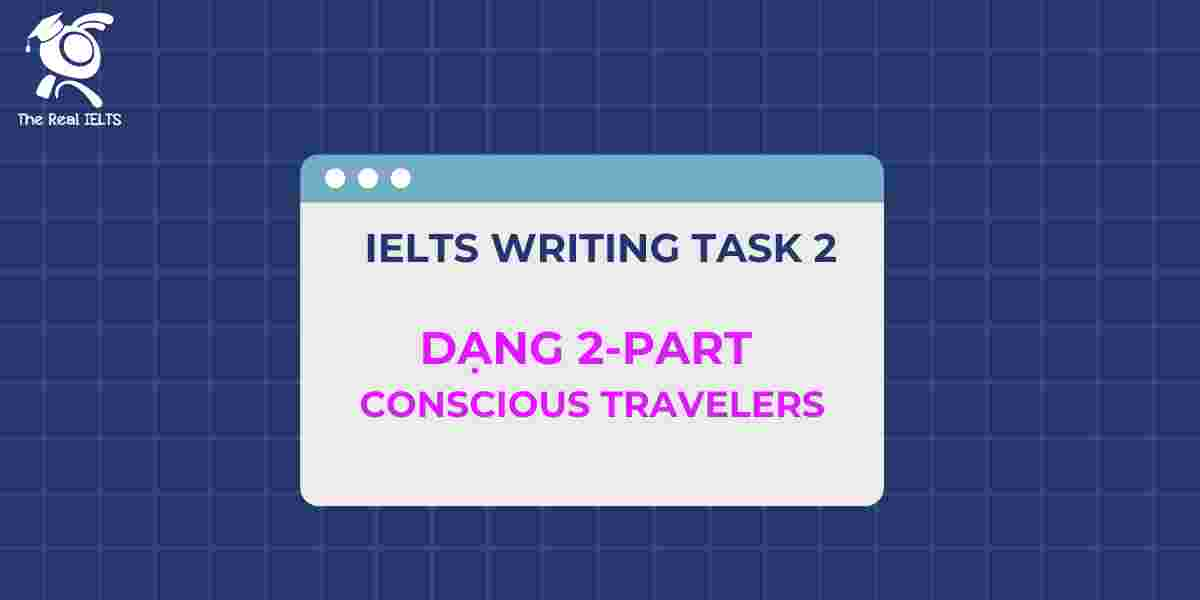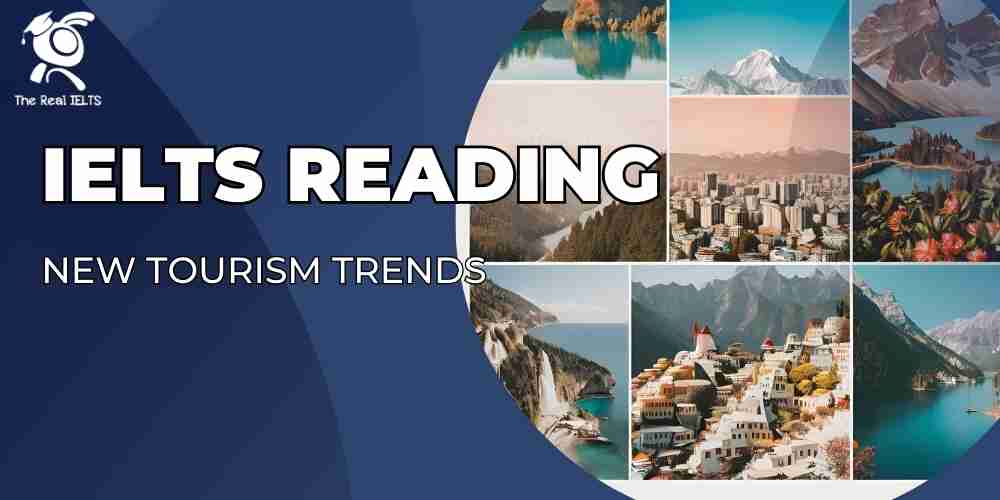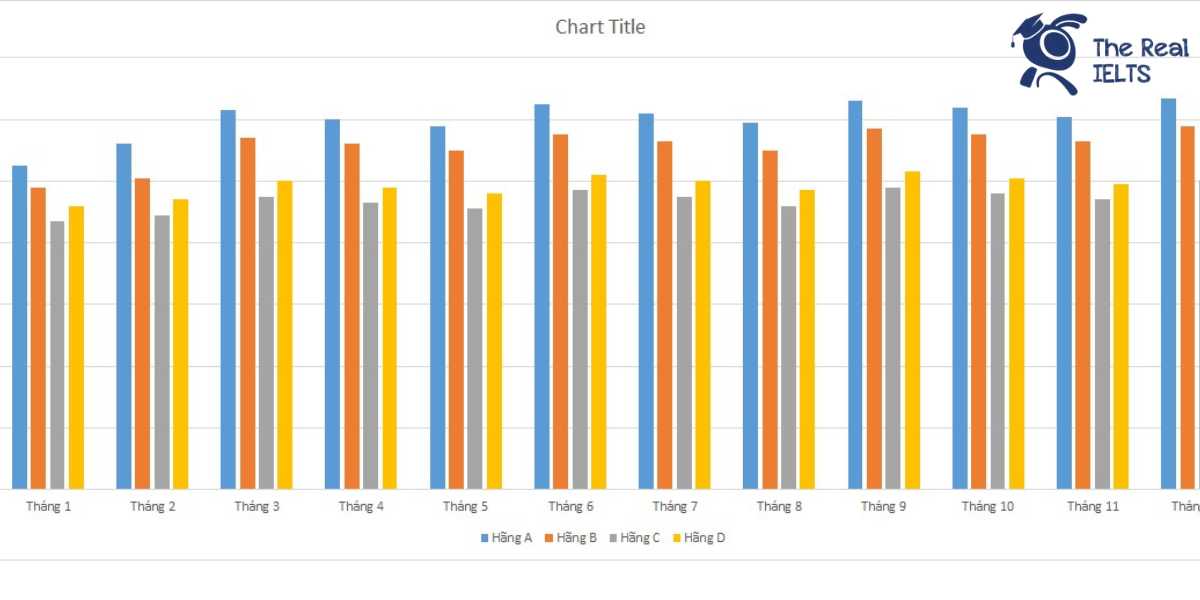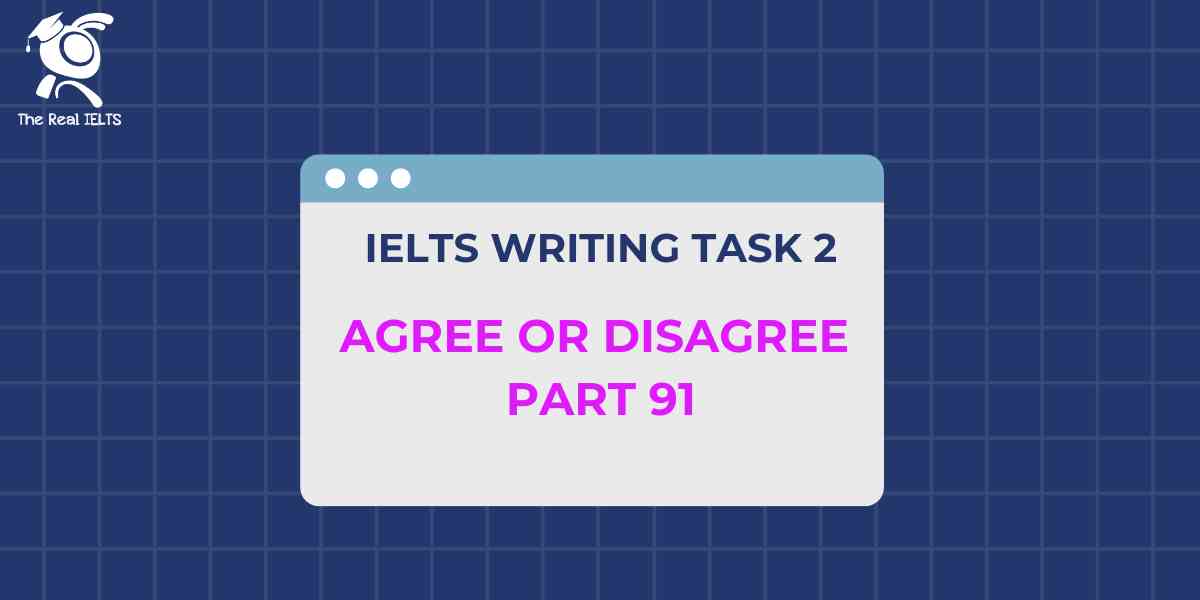Đề bài IELTS Writing task 2 dạng 2-Part conscious travelers
You should spend about 40 minutes on this task
The trend of sustainable travel is growing among conscious travelers. What are the reasons for this? How can people research this?
Write at least 250 words.
Bài mẫu IELTS Writing Task 2 dạng 2-Part
In recent years, there has been a noticeable increase in the number of travelers who are opting for sustainable travel options. This trend is largely driven by a growing awareness of environmental issues and a desire to minimize the negative impacts of tourism on local communities and ecosystems. While I agree that sustainable travel is becoming more popular, it is essential to examine the underlying reasons for this trend and how individuals can effectively research sustainable travel options.
One of the primary reasons for the rise in sustainable travel is the increasing concern over climate change and environmental degradation. Many travelers are now more conscious of their carbon footprint and the impact of traditional tourism on the planet. For instance, air travel is a significant contributor to greenhouse gas emissions, and many tourists are seeking alternatives such as train travel or carbon offset programs to reduce their environmental impact. Additionally, there is a growing recognition of the importance of preserving natural habitats and cultural heritage sites, leading travelers to choose destinations and activities that promote conservation and sustainability.
Another factor contributing to the popularity of sustainable travel is the social and ethical considerations that come with tourism. Conscious travelers are increasingly aware of the potential for tourism to exploit local communities, leading to economic inequality and cultural homogenization. As a result, they are more likely to support local businesses, stay in eco-friendly accommodations, and participate in community-based tourism initiatives that provide economic benefits to local residents while preserving cultural authenticity.
To research sustainable travel options, individuals can start by seeking out credible sources of information such as travel blogs, online forums, and sustainability-focused travel agencies. These resources can provide valuable insights into eco-friendly destinations, accommodations, and activities. Additionally, travelers can look for certifications or labels such as the Global Sustainable Tourism Council (GSTC) or Green Globe, which indicate that a destination or business adheres to recognized sustainability standards. Social media platforms and review websites also offer first-hand accounts and recommendations from other travelers who prioritize sustainability.
In conclusion, the trend of sustainable travel is growing due to heightened awareness of environmental issues and a desire to support ethical and responsible tourism practices. By conducting thorough research using credible sources and certifications, travelers can make informed decisions that align with their values and contribute to a more sustainable future.
Thống kê cấu trúc câu và cấu trúc ngữ pháp
- Cấu trúc câu:
- Câu phức (Complex sentences):
- “In recent years, there has been a noticeable increase in the number of travelers who are opting for sustainable travel options.”
- “While I agree that sustainable travel is becoming more popular, it is essential to examine the underlying reasons for this trend and how individuals can effectively research sustainable travel options.”
- “For instance, air travel is a significant contributor to greenhouse gas emissions, and many tourists are seeking alternatives such as train travel or carbon offset programs to reduce their environmental impact.”
- “Additionally, there is a growing recognition of the importance of preserving natural habitats and cultural heritage sites, leading travelers to choose destinations and activities that promote conservation and sustainability.”
- “As a result, they are more likely to support local businesses, stay in eco-friendly accommodations, and participate in community-based tourism initiatives that provide economic benefits to local residents while preserving cultural authenticity.”
- “Additionally, travelers can look for certifications or labels such as the Global Sustainable Tourism Council (GSTC) or Green Globe, which indicate that a destination or business adheres to recognized sustainability standards.”
- Câu ghép (Compound sentences):
- “This trend is largely driven by a growing awareness of environmental issues and a desire to minimize the negative impacts of tourism on local communities and ecosystems.”
- “Many travelers are now more conscious of their carbon footprint and the impact of traditional tourism on the planet.”
- “These resources can provide valuable insights into eco-friendly destinations, accommodations, and activities.”
- “By conducting thorough research using credible sources and certifications, travelers can make informed decisions that align with their values and contribute to a more sustainable future.”
- Câu đơn (Simple sentences):
- “One of the primary reasons for the rise in sustainable travel is the increasing concern over climate change and environmental degradation.”
- “Conscious travelers are increasingly aware of the potential for tourism to exploit local communities, leading to economic inequality and cultural homogenization.”
- “To research sustainable travel options, individuals can start by seeking out credible sources of information such as travel blogs, online forums, and sustainability-focused travel agencies.”
- “Social media platforms and review websites also offer first-hand accounts and recommendations from other travelers who prioritize sustainability.”
- Câu phức (Complex sentences):
- Cấu trúc ngữ pháp:
- Cấu trúc bị động (Passive voice):
- “This trend is largely driven by a growing awareness of environmental issues.”
- “Many travelers are now more conscious of their carbon footprint.”
- “There is a growing recognition of the importance of preserving natural habitats.”
- “These resources can provide valuable insights.”
- Câu điều kiện (Conditional sentence):
- “If a destination or business adheres to recognized sustainability standards, travelers can make informed decisions.”
- Cấu trúc mệnh đề quan hệ (Relative clauses):
- “who are opting for sustainable travel options.”
- “that promote conservation and sustainability.”
- “which indicate that a destination or business adheres to recognized sustainability standards.”
- Cụm danh từ (Noun phrases):
- “the increasing concern over climate change.”
- “growing awareness of environmental issues.”
- “valuable insights into eco-friendly destinations.”
- Cụm phân từ (Participle phrases):
- “leading travelers to choose destinations.”
- “seeking alternatives such as train travel.”
- “conducting thorough research using credible sources.”
- Cấu trúc bị động (Passive voice):
Từ kết nối các câu và các đoạn:
- Trong câu (Intra-sentence connectors):
- and: “This trend is largely driven by a growing awareness of environmental issues and a desire to minimize the negative impacts of tourism…”
- such as: “seeking alternatives such as train travel or carbon offset programs…”
- while: “While I agree that sustainable travel is becoming more popular…”
- as a result: “As a result, they are more likely to support local businesses…”
- Giữa các câu (Inter-sentence connectors):
- In recent years: Bắt đầu đoạn văn giới thiệu xu hướng.
- For instance: Dùng để đưa ra ví dụ cụ thể.
- Additionally: Dùng để bổ sung thông tin hoặc ý tưởng.
- Another factor: Dùng để giới thiệu một yếu tố khác liên quan đến chủ đề.
- To research: Bắt đầu câu hướng dẫn cách thức nghiên cứu.
- In conclusion: Dùng để kết luận bài viết.
Các từ vựng tiếng Anh cần lưu ý trong bài viết
- Sustainable travel – Du lịch bền vững
- Conscious travelers – Du khách có ý thức
- Environmental issues – Các vấn đề môi trường
- Minimize – Giảm thiểu
- Negative impacts – Tác động tiêu cực
- Local communities – Cộng đồng địa phương
- Ecosystems – Hệ sinh thái
- Awareness – Nhận thức
- Carbon footprint – Dấu chân carbon
- Greenhouse gas emissions – Khí thải nhà kính
- Conservation – Bảo tồn
- Sustainability – Sự bền vững
- Ethical considerations – Những cân nhắc về đạo đức
- Economic inequality – Bất bình đẳng kinh tế
- Cultural homogenization – Đồng nhất hóa văn hóa
- Eco-friendly – Thân thiện với môi trường
- Community-based tourism – Du lịch dựa vào cộng đồng
- Credible sources – Các nguồn tin đáng tin cậy
- Certifications – Chứng nhận
- Sustainability standards – Tiêu chuẩn bền vững
- Ethical and responsible tourism – Du lịch đạo đức và có trách nhiệm
Đọc thêm về bài viết gợi ý luyện thi IELTS.















